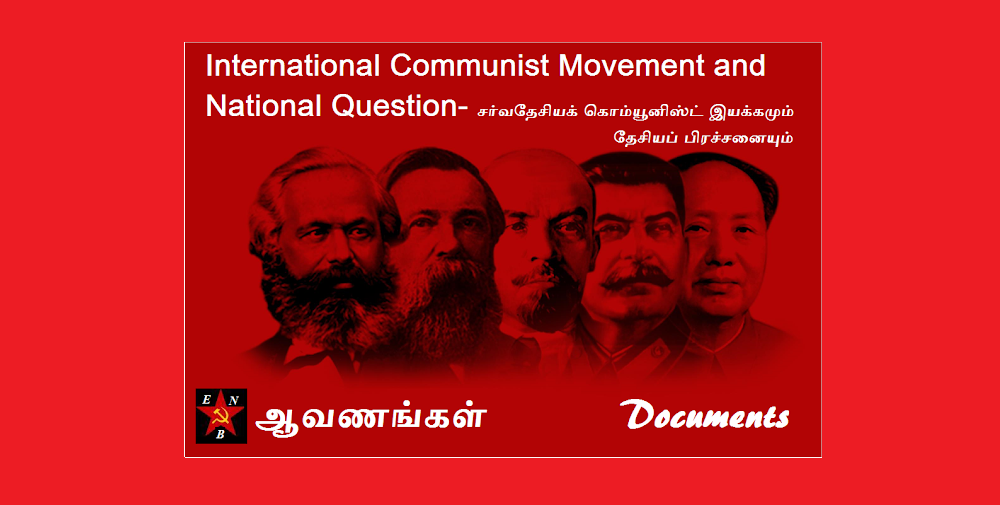Vladimir Ilyich Lenin
The Right of Nations to Self-Determination
7. THE RESOLUTION OF THE LONDON INTERNATIONAL CONGRESS, 1896
This resolution reads:
“This Congress declares that it stands for the full right of all nations to self-determination [Selbstbestimmungsrecht] and expresses its sympathy for the workers of ever country now suffering under the yoke of military, national or other absolutism. This Congress calls upon the workers of all these countries to join the ranks of the class-conscious [Klassenbewusste—those who understand their class interests] workers of the whole world in order jointly to fight for the defeat of international capitalism and for the achievement of the aims of international Social-Democracy.”[1]
As we have already pointed out, our opportunists—Semkovsky, Liebman and Yurkevich—are simply unaware of this resolution. But Rosa Luxemburg knows it and quotes the full text, which contains the same expression as that contained in our programme, viz., “self-determination”.
How does Rosa Luxemburg remove this obstacle from the path of her “original” theory?
Oh, quite simply ... the whole emphasis lies in the second part of the resolution ... its declarative character ... one can refer to it only by mistake!
The feebleness and utter confusion of our author are simply amazing. Usually it is only the opportunists who talk about the consistent democratic and socialist points in the programme being mere declarations, and cravenly avoid an open debate on them. It is apparently not without reason that Rosa Luxemburg has this time found herself in the deplorable company of the Semkovskys, Liebmans and Yurkeviches. Rosa Luxemburg does not venture to state openly whether she regards the above resolution as correct or erroneous. She shifts and shuffles as if counting on the inattentive or ill-informed reader, who forgets the first part of the resolution by the time he has started reading the second, or who has never heard of the discussion that took place in the socialist press prior to the London Congress.
Rosa Luxemburg is greatly mistaken, however, if she imagines that, in the sight of the class-conscious workers of Russia, she can get away with trampling upon the resolution of the International on such an important fundamental issue, without even deigning to analyse it critically.
Rosa Luxemburg’s point of view was voiced during the discussions which took place prior to the London Congress, mainly in the columns of Die Neue Zeit, organ of the German Marxists; in essence this point of view was defeated in the International! That is the crux of the matter, which the Russian reader must particularly bear in mind.
The debate turned on the question of Poland’s independence. Three points of view were put forward:
The Right of Nations to Self-Determination




